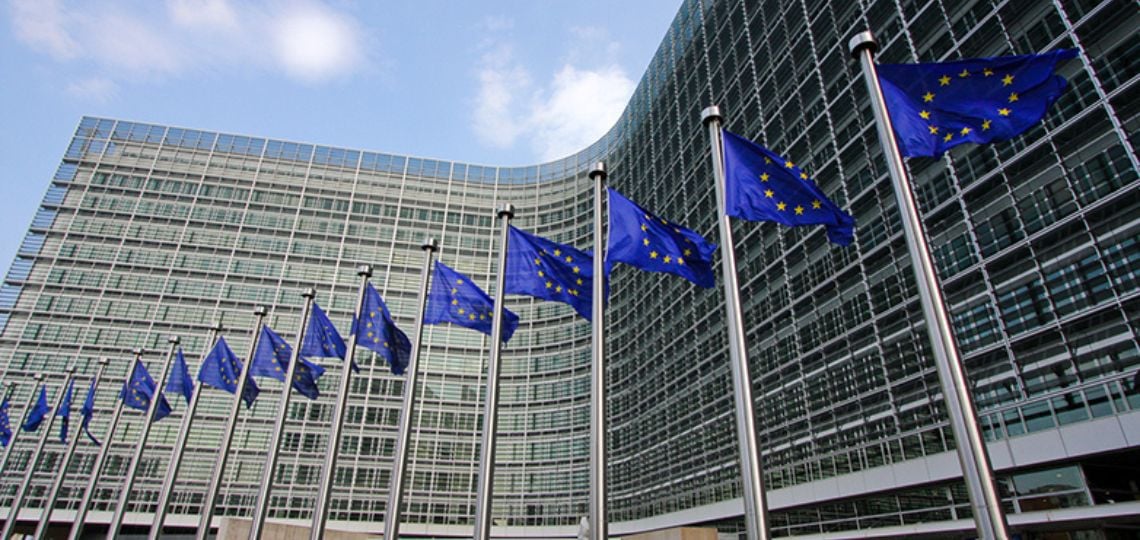EU Adapts Hydrogen Subsidy Criteria to Counter Chinese Competition
Key Ideas
- EU changes subsidy criteria for hydrogen to boost local electrolyser supply chains and data security.
- New rules aim to reduce dependence on non-European equipment in hydrogen projects.
- Focus on cybersecurity standards to protect Europe's technological sovereignty.
- Implications for EU trade relations as subsidies aim to stimulate European technologies and industries.
The European Union is adjusting its subsidy criteria for hydrogen projects in response to concerns from European manufacturers about competition from low-cost Chinese imports. The new rules seek to strengthen local electrolyser supply chains and ensure data security. European companies in the hydrogen sector have been struggling to compete with Chinese producers, leading to calls for criteria favoring local companies in subsidy programs. The EU aims to reduce reliance on non-European equipment by potentially imposing requirements on the origin of equipment used, favoring European production and assembly. The focus on cybersecurity includes ensuring projects meet rigorous data management standards. By adapting subsidy rules, the EU aims to promote fair competition, stimulate demand for European technologies, and protect strategic industries. These measures align with EU's broader policy to support industrial competitiveness while maintaining trade relations and avoiding unfair practices.
Topics
Electrolyzer
Manufacturing
EU Policy
Subsidies
Cybersecurity
Industrial Competitiveness
Trade Relations
Local Production
Data Security
Latest News
